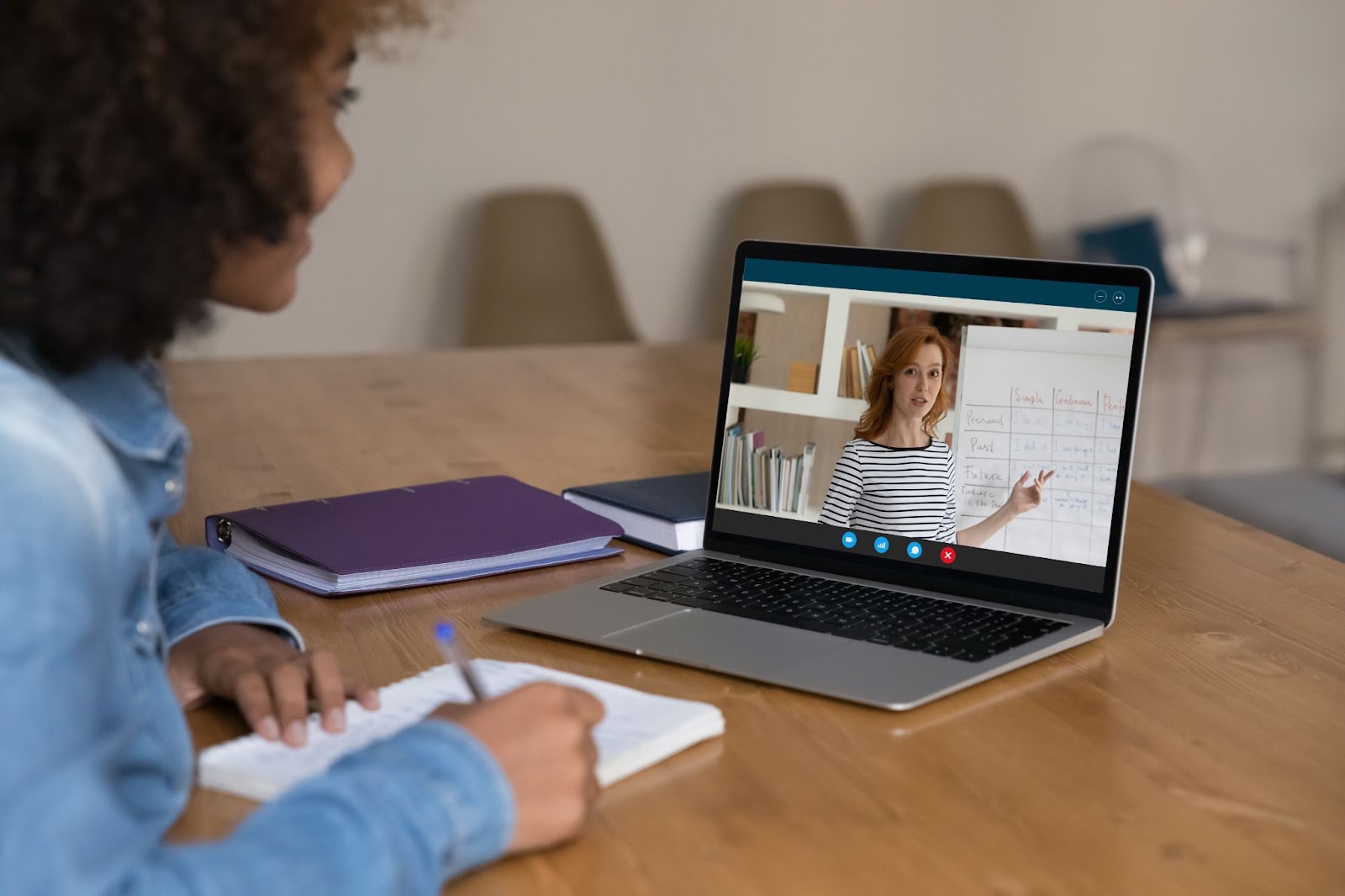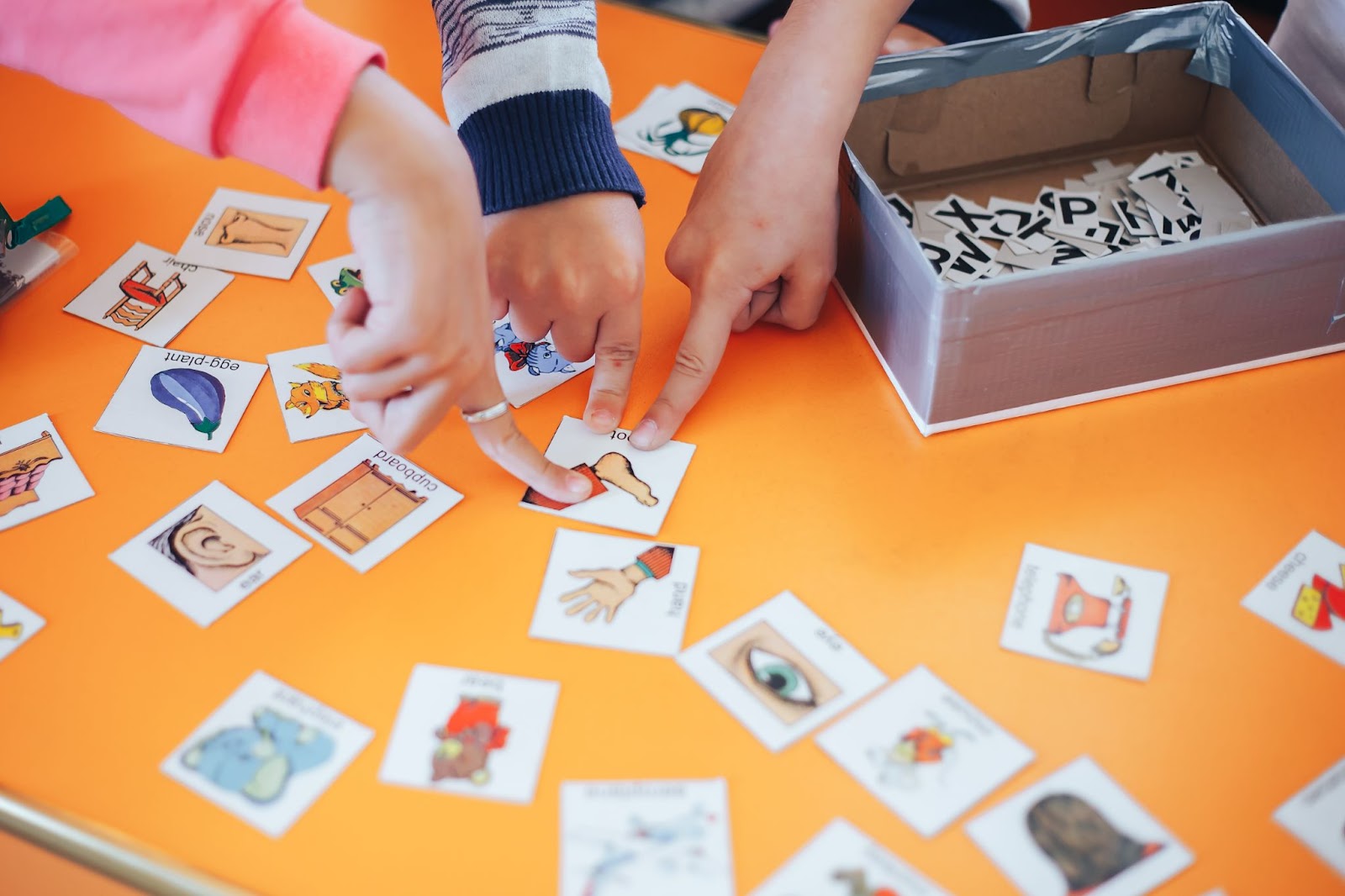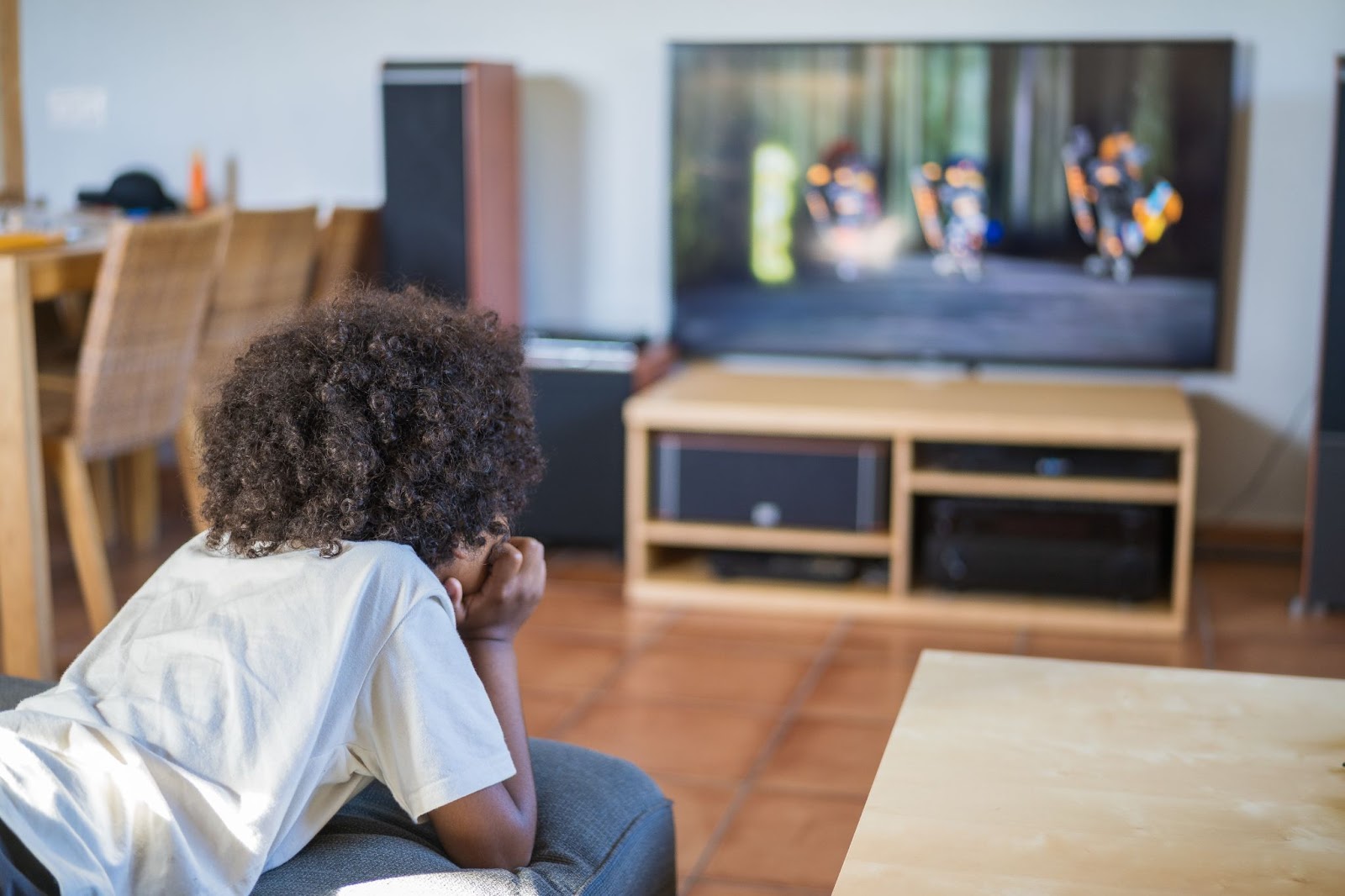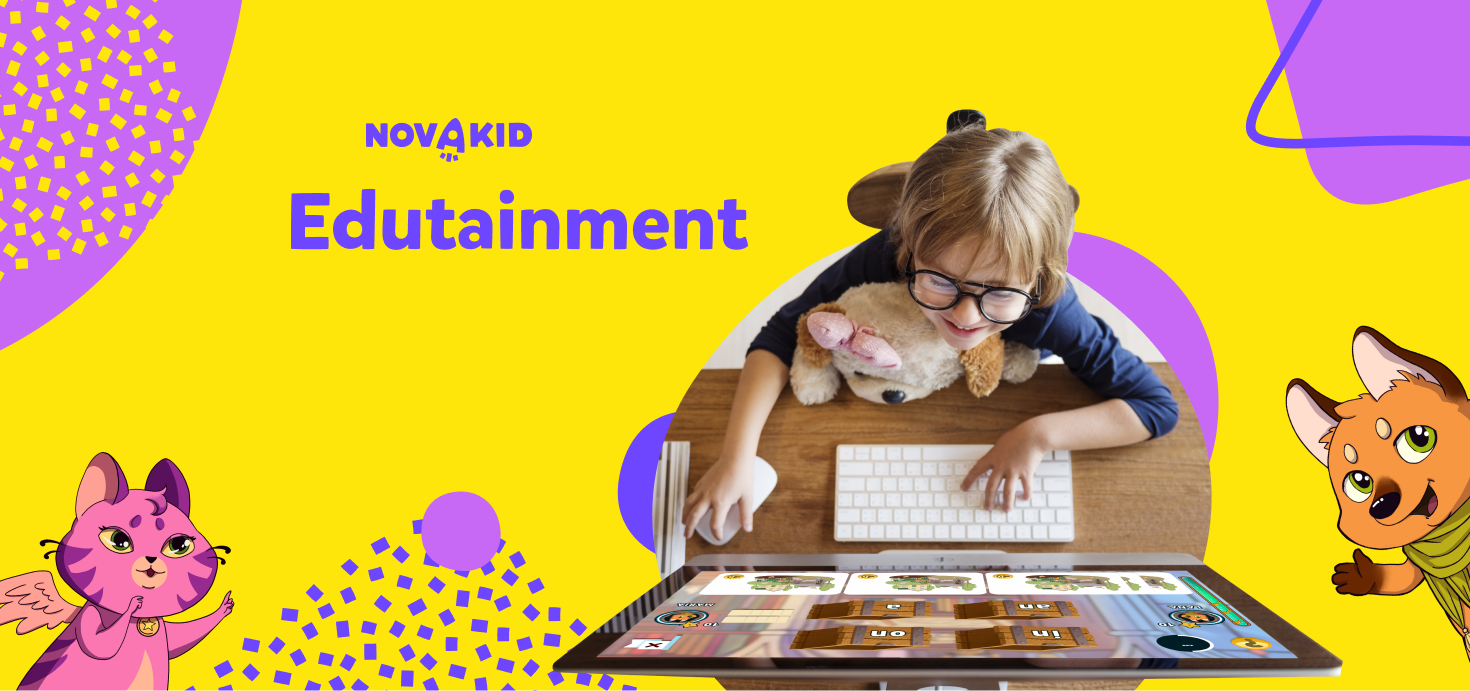New Year, new habits! Language learning routine to follow in 2023
- Language study – how to stay motivated throughout the year
- Healthy study habits to follow in 2023
- A Flashcard a day keeps the teacher away!
- Find your favorite app for learning English
- Learn English with a native-speaker teacher
- Encourage your kid to watch their favorite cartoons in English
- Try out podcasts in English
- Use games to boost your kid's motivation to learn English
- Give screen time its proper purpose
- Daily language learning routine – key to success
New Year – New Me! But is it really true? Many people struggle to put their money where their mouth is when it comes to this very popular saying. Do you want to know how to actually change something in your and your kids’ lives in 2023?
In this article, we’ll talk about good habits to pick up in the upcoming new year. We’ll give you some examples of good study habits to help you finally make progress in learning languages. Spoiler alert: it is highly recommended that you establish a consistent language learning routine if you wish to remain focused on your goals and see progress over time.
Learn how to develop good study habits and find out our most effective methods to stay motivated and succeed in learning a new language. 3…2…1… Go! Make 2023 memorable and achieve your goals. Encourage your kids to follow good studying habits.
Language study - how to stay motivated throughout the year
Most parents want their kids to learn English and other foreign languages from early childhood. No surprise, because the benefits of it include the possibility of studying abroad, getting a better-paid job, and a more successful career in the future.
While parents know the reasons why their children should learn foreign languages perfectly well, children often do not see them. It’s difficult to explain the concept of adulthood goals to a preschooler because young children do not see such a distant future.
The key to encouraging your child to learn English will be the right motivation to learn, tailored to their age, individual needs, and interests. Also, establishing a learning routine and sticking to the best study habits is something your kid can learn along the way. So, how to stay motivated to learn English in 2023?
Here are some ideas:
- Introduce new material in each lesson to avoid boredom from repeating the same content.
- Make learning a language a fun and enjoyable activity, so the child stays engaged.
- Keep lessons fast-paced and remember that preschoolers’ attention span lasts only around 15–20 mins.
- Incorporate various skills such as speaking, reading, and writing to prevent monotony and master multiple language skills.
- Mind the child’s interests. If your kid is a fan of Disney movies, learn English with Disney characters. If they love animals, learn English while on a field trip to the zoo.
- Use real-life situations and communication with native speakers as motivators for speaking English.
- Be a good role model and show your own motivation for learning new things.
- Always reward your child for even small progress in learning new things.
- Show interest and support in your child’s passions and pursuits by all means available.
Novakid is an online English language school for children aged 4-12, where native-speaker teachers know exactly how to motivate young students to learn English.
If you want to see if Novakid’s teaching methods are appropriate for your kid, sign up for a free demo lesson. Meet the native teachers from Novakid and find out more about Novakid’s innovative teaching programs based on gamification. See for yourself how motivation to learn English can come from a fun virtual classroom.
Remember, motivation is the inner driving force that makes us achieve our goals. For each child and adult, the motivation factor will be different. To succeed in achieving huge goals such as learning a new language, we need to develop and keep in mind our own force that will keep us going. For some, it might be an urge to travel, the perspective of getting a better job, or being able to understand foreign pop culture.
Healthy study habits to follow in 2023
Introducing study habits aligned with your child’s interests may help them with staying motivated to learn a language and succeed. However, bad study habits, such as pointless staring at the screen of a smartphone or watching the TV aimlessly, can disrupt all the efforts.
Do you still wonder what are some good study habits to introduce at your home? Check out our suggestions below.
A Flashcard a day keeps the teacher away!
Learning from flashcards is much more dynamic and engaging than cramming new vocabulary from a word list. There are many methods for learning from flashcards. The greatest thing about flashcards is that they can be treated as an engaging language-learning game that your child will love.
Flashcards can be used for learning alone in silence or by reading vocabulary aloud or in groups, for example, by organizing a knowledge quiz (necessarily with prizes!). The ready-made set of flashcards to learn can be left in the form of one deck, divided into several piles, or placed in a special box with compartments.
Find your favorite app for learning English
Mobile applications for learning English are popular because most of them are free and allow you to learn the language effectively without leaving your home. By learning with an app, you can keep track of your progress and constantly have access to virtual English lessons. Applications for learning English are great for school children who already have their own smartphones, as well as for always-busy adults.
There are so many apps available online, that the best method to choose your favorite one is just by trying some of them out. Once you find your favorite app for learning English, you can make it a regular habit to do at least one set of exercises every day. Some of the best apps for learning English are Duolingo, Memrise, and Busuu.
Learn English with a native-speaker teacher
The child can achieve the fastest results in learning a language when they find an English teacher who is a native speaker. Such a person not only has the appropriate language skills, but also has experience in teaching and knowledge about effective methods of learning English.
The biggest advantages of classes with a native speaker are:
- constant contact with the English language,
- chances of learning slang vocabulary and informal speech,
- developing the habit of thinking in English,
- help in eliminating the language barrier,
- breaking a child’s shyness.
Learning with a native speaker teacher definitely speeds up the entire learning process, makes it fun, and reduces any possible language barriers. Novakid students who learn English regularly during individual online classes with their native speakers indeed agree!

Encourage your kid to watch their favorite cartoons in English
One of the best ways to learn English from an early age is to watch cartoons and other video content with your child in the target language. Such an approach will be enjoyable and just fun. In addition, your child will pick up many useful words while you watch the cartoons together, and will be able to use them in everyday situations.
Learning English from cartoons makes the whole process effortless and engaging. Make sure to choose the right cartoons depending on your child’s age and language skills. Some of the best series for kids learning English are Sesame Street, Arthur, and Martha Speaks.
Try out podcasts in English
Listening to English-language podcasts significantly improves listening comprehension. Also, by listening to the English language in its purest, original and natural form, you can greatly improve your communication skills. Don’t worry about the natives being too difficult to understand for younger children—there are even podcasts targeted at preschoolers.
Depending on the child’s interests, you can always find something suitable for everyone. Does your child love cars? Play a podcast about car news. Maybe your child is a fan of space? Then it is worth listening to NASA podcasts. There are also plenty of interesting podcasts about fashion and lifestyle for children interested in everyday matters.
Find your favorite podcast for 2023 and try to listen to it regularly. We guarantee that your English comprehension skills will improve dramatically over the year.
Use games to boost your kid's motivation to learn English
Gamification is one of the most effective methods that help the teacher motivate students. It is a tool that makes the child interested in the process itself and helps to overcome the “I don’t want to study” stage that arises in one way or another in any process of learning something new.
Children always have something more fascinating to do, instead of actually studying. But learning which involves a whole gaming universe, full of fairy tales and characters, is the real deal!
When kids learn through playtime, they don’t see the learning process as something boring and difficult but perceive it positively as something they love to do in their free time. In the case of the gamification method, which is frequently used during online English lessons at Novakid, the educational process, when presented as entertainment, wins.
Give screen time its proper purpose
Nowadays, kids spend a lot of time in front of their electronic devices such as smartphones, video game consoles, computers, and TVs. Screen time doesn’t necessarily have to be bad for your kid.
To make it beneficial, it’s worth distinguishing between passive screen time and active screen time. Sitting a young child, alone in front of a screen, is not a good example. However, actively watching and encouraging kids to move and talk back in English can be used for smart exposure to the target language.
One of your family goals for 2023 may be to encourage your child to use modern technology as a tool for language learning. By utilizing screen time productively, your child can develop bilingual skills and achieve this goal.
Daily language learning routine - key to success
Learning a foreign language from scratch can be a long and challenging process. It typically takes several years of dedicated studying to fully understand grammatical rules, expand vocabulary, and develop proficiency in speaking, writing, and reading. The process can be compared to climbing a ladder – it is necessary to start with the basics and gradually work your way up to more advanced levels.
It is important to take your time while learning a new language and not put too much pressure on your child. Cramming intensively the day before a test will not be effective, as regular repetition is necessary to fully retain new material.
Time management can be a useful tool for developing a daily language learning routine and sticking to it. Make sure to set aside some time in your daily plan for regular language practice, whether through apps, online lessons with native speakers, or English language books and movies.
To maintain a daily language learning routine, it can be helpful for your child to break larger goals into smaller stages and prepare a list of priorities and tasks for each day of learning. These tasks might include meeting with a native speaker, attending an online English class, reading a book in English, or completing homework.
And what are your study plans for 2023? What new language do you plan to learn? Let us know in the comments section below which study habit you like the most and which one you plan to introduce to your children.
Did you like this article?















































